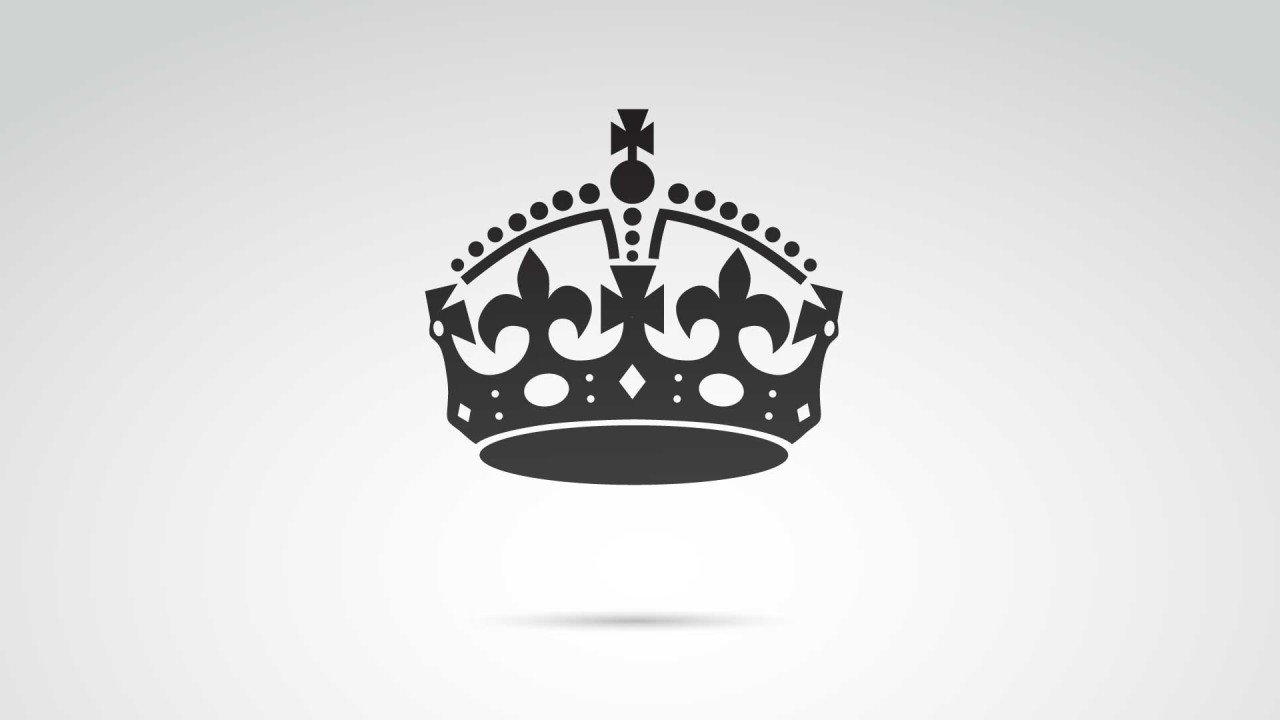.
Lessons in leadership from Queen Elizabeth II
Organisations and experts (including Laughology) study leaders in intricate detail to glean lessons from them that can be applied elsewhere. It is no surprise then that we turn to one of the longest-serving leaders in modern history, Queen Elizabeth II, to try and understand what made her reign so successful, and to see whether there are leadership lessons we can learn from her.
Skilfully steering through good times and bad
Firstly, it must be stated that the leadership required of a British monarch is very different to the leadership required of the head of a blue-chip company, for example. The Monarchy is a ceremonial sovereign and while the role is intrinsically entwined in the mechanism of British governance, the Monarchy does not make logistical decisions or interventions in the way the nation is run.
The Monarchy, however, is head of the Royal household and as such, for 70 years The Queen skilfully steered that unique institution through good times and bad. With Royal heritage spanning over 700 years with a lineage all the way back to Robert the Bruce, she had plenty of history to learn from, but what she did best was look forward and it’s this amongst other things that made her so popular and successful.
A diplomat who bridged cultures
The Queen was a consummate diplomat, preserving tradition while moving with the times, bridging cultures, and keeping what to some appears to be an anachronism, relevant.
Arianne Chernock, professor of history at Boston University and an authority on British and European history recently told an NPR podcast that The Queen relied on traits or qualities that are stereotypically feminine, such as “the sense of being apolitical or almost passive, reticent to intervene. All of those feminine qualities served her well as monarch,” she said.
I disagree these are feminine-only qualities, and furthermore, Chernock misses the point. In her leadership, the Queen showed a steely determination, intelligence, nuance, people skills and devotion to duty. Above all else, the Queen was determined to get on with the job and uphold the values of her institution.
Here are some of the lessons we can learn from her:
- Have that global perspective. People have a natural tendency to see things subjectively, from their own perspective. Good leadership is about seeing things from other viewpoints. It’s about empathy – one of the traits commonly attributed to the Queen. She listened to people and took their views and opinions on board. She was also well informed and ensured that whatever the task, and whoever she met, she was well-briefed.
- Be positive in times of challenge. The Queen lived through many challenging times, from World War II to the Covid pandemic. She always faced these challenges with realistic positivity. She never sugar-coated the situation, but she did inspire with the belief that eventually, with the right actions and determination, the bad times will give way to good.
Being positive isn’t about ignoring reality either, it’s about understanding what’s in your control, looking to the future and giving people hope. The Queen did this well, as the public address she gave during the pandemic illustrates.
“I am speaking to you at what I know is an increasingly challenging time. A time of disruption in the life of our country: a disruption that has brought grief to some, financial difficulties to many, and enormous changes to the daily lives of us all.
We should take comfort that while we may have more still to endure, better days will return: we will be with our friends again; we will be with our families again; we will meet again.”
- Have a good sense of humour. Humour can be a powerful leadership tool when used appropriately. A humorous remark can thaw tension and bring people together. Laughter and humour can improve communication at work, build stronger relationships and diffuse tense situations. People are drawn to others who laugh. Much has been made over the past week of the Queen’s sense of humour and how it represented her warmth and relatability.
- Have a succession plan. Every good leader knows that their organisation must be able to exist without them. Preparing people around you for this is important for them, for the business and for the wider community who rely on your services or products. The well-rehearsed succession of King Charles III to the throne has allowed a smooth transition of power within the royal household.
- Keep evolving and moving forward. Queen Elizabeth saw the birth of television, the computer, air travel, the internet, and social media, and embraced them all. In doing so she ensured the Monarchy remained relevant and connected to the public.
- Soft power is powerful. While the Queen was famously non-political and kept her views private, she treated all people with dignity, warmth and respect – even those she disagreed with. She listened and communicated and had vast knowledge of global and political dynamics. She used the mechanisms of royalty, such as royal tours and state visits for what is known as ‘soft power’, to affect decisions she could not control and to help the British government exert influence.
We wish Queen Elizabeth II and her family peace going forward and thank her for her service. Watching the service on bank Holiday Monday as she’s laid to rest at St Georges Chapel, Windsor, I know I’ll be in admiration of this remarkable woman who was a constant and stable leader for so long.
Thank you
























